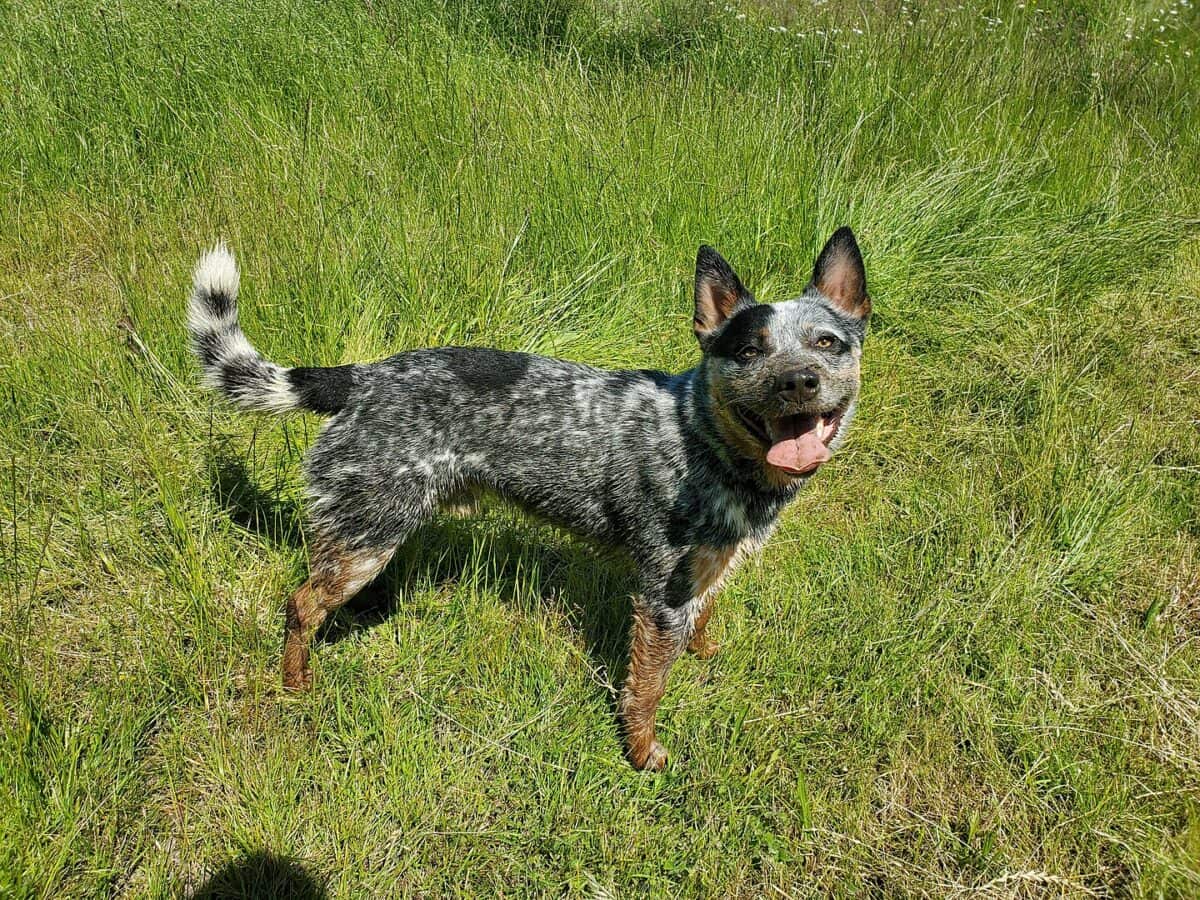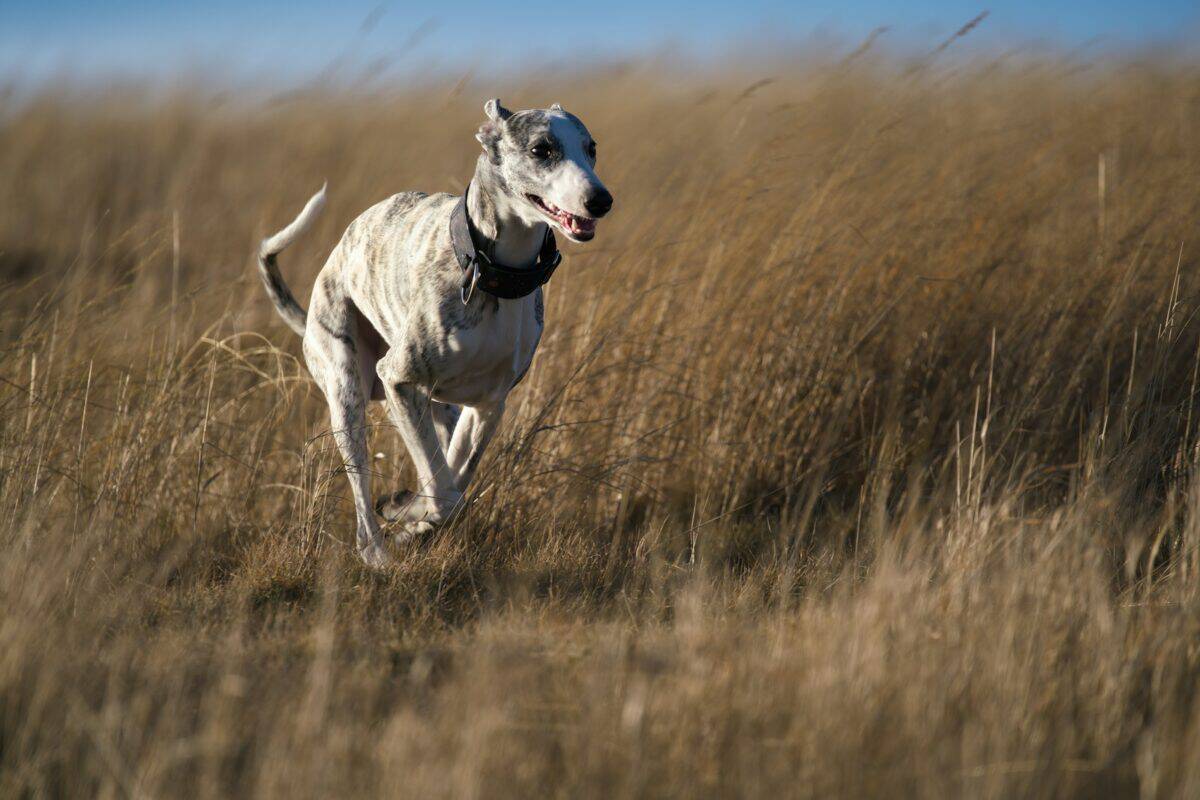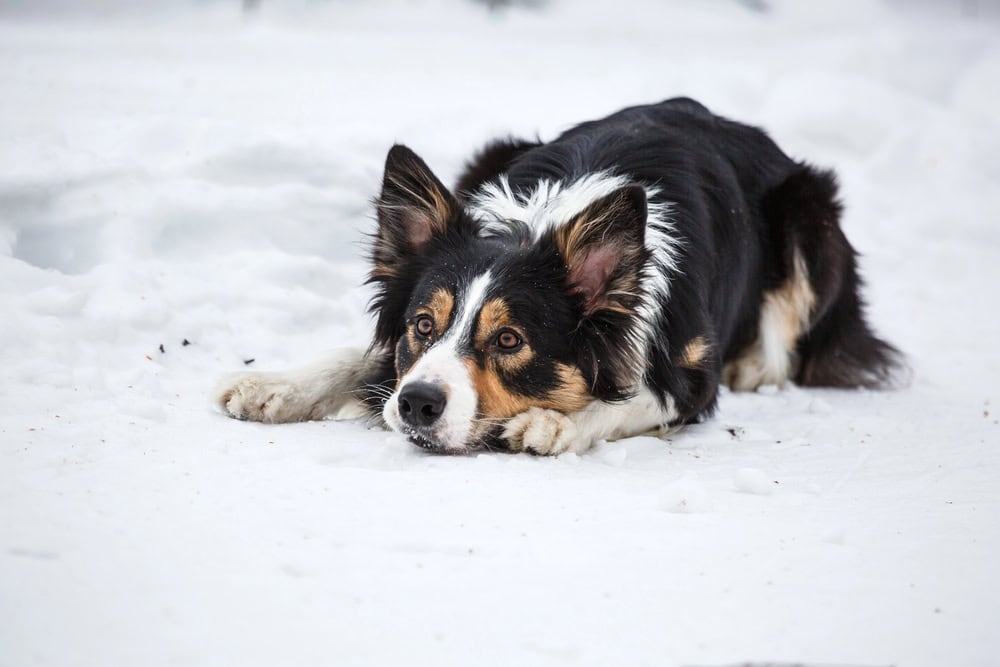Dogs, with their unwavering loyalty and boundless energy, are beloved companions to millions around the world. However, the joy of having a pet is often tempered by concerns about their health. Some breeds are blessed with robust health and lower susceptibility to common ailments, making them ideal for potential pet owners concerned about frequent vet visits. Let’s explore these incredible dog breeds that rarely get sick, providing you with insights into each one’s unique characteristics and health benefits.
1. Australian Cattle Dog

Renowned for their herding skills and sharp intellect, Australian Cattle Dogs are not only hardworking but also exhibit exceptional health. With a lifespan extending up to 15 years, they tend to avoid the genetic issues that plague many other breeds. Regular exercise and a balanced diet contribute significantly to their well-being, making them a resilient choice for active households.
2. Beagle

Beagles, known for their cheerful and friendly demeanor, are also a robust breed with few health problems. Their compact size and active nature contribute to their overall well-being. Despite being prone to some genetic conditions like epilepsy, Beagles generally enjoy good health, particularly when receiving proper exercise and nutrition.
3. Border Collie

The Border Collie, celebrated for its intelligence and agility, is often seen excelling in dog sports. This breed’s health resilience can be attributed to its active lifestyle and conscientious breeding practices. They are less likely to develop many of the hereditary diseases common in larger breeds, assuming they have regular veterinary check-ups and a nutritious diet.
4. Basenji

Also known as the “barkless dog” due to their unique vocalizations, Basenjis are as healthy as they are quiet. With an average lifespan of 12 to 14 years and minimal genetic disorders, Basenjis are a hardy breed. Their short coat and high cleanliness levels help minimize skin issues, contributing to their health resilience.
5. Shih Tzu

Shih Tzus may look delicate with their regal coats and small stature, but they are surprisingly sturdy. This breed is rarely bothered by severe health problems, especially when they’re kept on a regular grooming and check-up schedule. With attentive care, Shih Tzus can lead long, healthy lives filled with play and affection.
6. Whippet

Keen sprinters on the track, Whippets are also agile in terms of health. They are generally free of the common bone and joint issues seen in other sighthounds. With a lifespan of 12 to 15 years, Whippets maintain excellent health through regular physical activity and a balanced diet.
7. Chihuahua

Don’t be fooled by their small size; Chihuahuas are full of vitality and health. With proper vaccinations and a healthy diet, they can live up to 20 years, showcasing their resilience. While their size does make them prone to patellar luxation, Chihuahuas are otherwise a fiercely healthy breed.
8. Poodle

Highly intelligent and versatile, Poodles also rank high in health. Available in three sizes—standard, miniature, and toy—Poodles boast a less concentrated pool of genetic issues due to their diverse size category breeding. Regular grooming, exercise, and attentive care keep them thriving.
9. Greyhound

Graceful and elegant, Greyhounds are as robust in health as they are streamlined. Surprisingly, despite their athletic builds, Greyhounds are low-maintenance and have a relatively low risk of genetically transmitted diseases. Their health, supported by a stress-free life and ample exercise, is commendable.
10. Foxhound

Foxhounds, whether American or English, are robust and enduring, historically bred for hunting and stamina. Their genetic background has endowed them with minimal issues when it comes to health. Given their active lifestyles, Foxhounds are prone primarily to occasional ear infections, easily managed with regular care and cleaning.
11. Havanese

The Havanese, known for its cheerful disposition, brings with it a strong constitution. This breed is generally healthy, with few concerned genetic ailments, especially when sourced from reputable breeders. Routine checks for joint and eye health keep them in optimal condition.
12. Siberian Husky

Renowned for their endurance in harsh climates, Siberian Huskies are rugged dogs with remarkable health. Their genetic make-up is a testament to survival under tough conditions, reducing susceptibility to common ailments. With appropriate exercise and a diet catering to their active nature, they thrive both mentally and physically.
The Healthy Choice

Choosing a dog involves considering its health alongside its personality, energy levels, and compatibility with your lifestyle. The breeds listed above are examples of those that, with proper care and attention, offer less risk of frequent illnesses. They promise the long life of companionship that every dog lover hopes for, bringing joy and vitality into your home.
While no breed is entirely free from health issues, selecting a breed known for its resilience can decrease the likelihood of complications down the road. Always remember that ample exercise, a balanced diet, and regular veterinary care are pivotal in ensuring a dog’s health, regardless of its breed. Embrace the joy they bring and care for your four-legged friends diligently, and they will undoubtedly enrich your life with love and happiness.
- How Bison Are Reshaping the American Prairie - August 25, 2025
- Bats as Harbingers of Luck—and Doom—in Global Folklore - August 25, 2025
- Are Wildlife Corridors Really Helping Animals Migrate? - August 25, 2025

